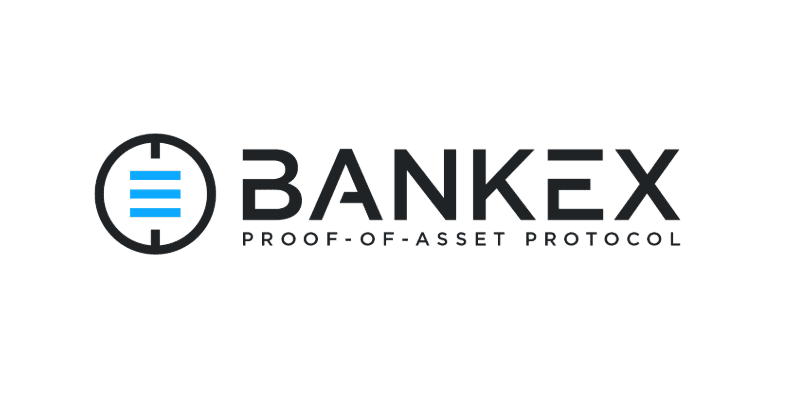Bitcoin introduced us to the world of blockchain and independent consensus models for decentralized economics. With the advent of decentralized economic ecosystems comes tremendous potential to democratize finance offering global access, transparency, and speed and efficiency for optimizing capital deployment, returns and opportunities. The key to connecting counterparties globally is in using blockchain for settling financial transactions. Bitcoin was the first iteration of this and its primary use-case is for settling value exchange between two counterparties where trustless security is given precedence over the speed of transactions. It should be stressed that this tradeoff is intentional. Settlement becomes more complex when tangible assets, foreign exchange, and more intricate cash flow structures are involved. The most basic example is where Party A based in the USA, wants to send Party B based in the UK $100. Traditional methods are either slow, or they charge substantial fees. Using cryptocurrencies, they can agree on a mutual exchange rate in Monero (USD/XMR → GBP XMR) and utilize one or more exchanges as market-makers to execute the transaction, or if it is a higher dollar value they can seek out over-the-counter traders to facilitate the transaction off-exchange.
As complexity is introduced into the financial ecosystems the tokenization of cash flows and assets becomes an integral tool for facilitating the same efficient and trustless settlement process previously described. Some examples of transactions that can be tokenized to facilitate decentralized settlement and exchange are derivatives, asset-backed securities, mining yields and investment funds. Many derivative contracts are financially settled, and cash flows only change hands directionally (i.e. to the winner on the trade). Interest rate swaps are structured in such a way, and if these rates were tokenized between and among global banks they could agree upon a settlement currency and facilitate automatic, rapid and safe settlements on these contracts. There is no industry more conducive to blockchain-based settlement infrastructures than the film finance industry. A real-world case of asset tokenization for settlement, which is currently underway is called MovieCoin, and it will be the first complete ecosystem for film finance and global participation in the notoriously secretive industry.
MovieCoin, led by industry veteran Christopher Woodrow, is the frontrunner in the emerging digital film finance world. MovieCoin aims to build the central ecosystem for tokenizing both shares in the funds that finance slates of films as well as the infrastructures used to manage the cash flows and payments stemming from the real-world productions, distributions, intellectual property rights, and investor returns. What this means in a practical sense is that producers can source lower cost capital from the global community and those end investors can receive safer and more transparent reporting and cash flows by the whole ecosystem using a native cryptocurrency. There is a big advantage in this model; the volatility inherent in most cryptocurrency markets can be mitigate by the underlying film assets.
MovieCoin’s model creates less friction and lower risk, which means lower costs; the lower the risk the less return you require to deploy your capital. Given the obvious benefits, with very little offsetting new risks, MovieCoin will attract other film finance groups, guilds, service providers, and industry firms to utilize their ecosystem transforming the industry entirely. Traditional financial institutions will not disappear anytime in the near future, but market forces will force them to integrate better settlement ecosystems or they will surely lose customers. Consumers have no reason to wait days for global value transactions to settle when they can go elsewhere and settle with anyone anywhere in less than 10 minutes. MovieCoin is just one example of the potential offered by blockchain for settlement and liquidity optimization. Banks still have a key opportunity here in that most cryptocurrencies have annualized volatility in excess of 100%. Banks can partner with fintech firms to create decentralized settlement ecosystems where transactions are backed by real-world currencies eliminating much of the volatility while capitalizing the speed and efficiencies of the technology.



































